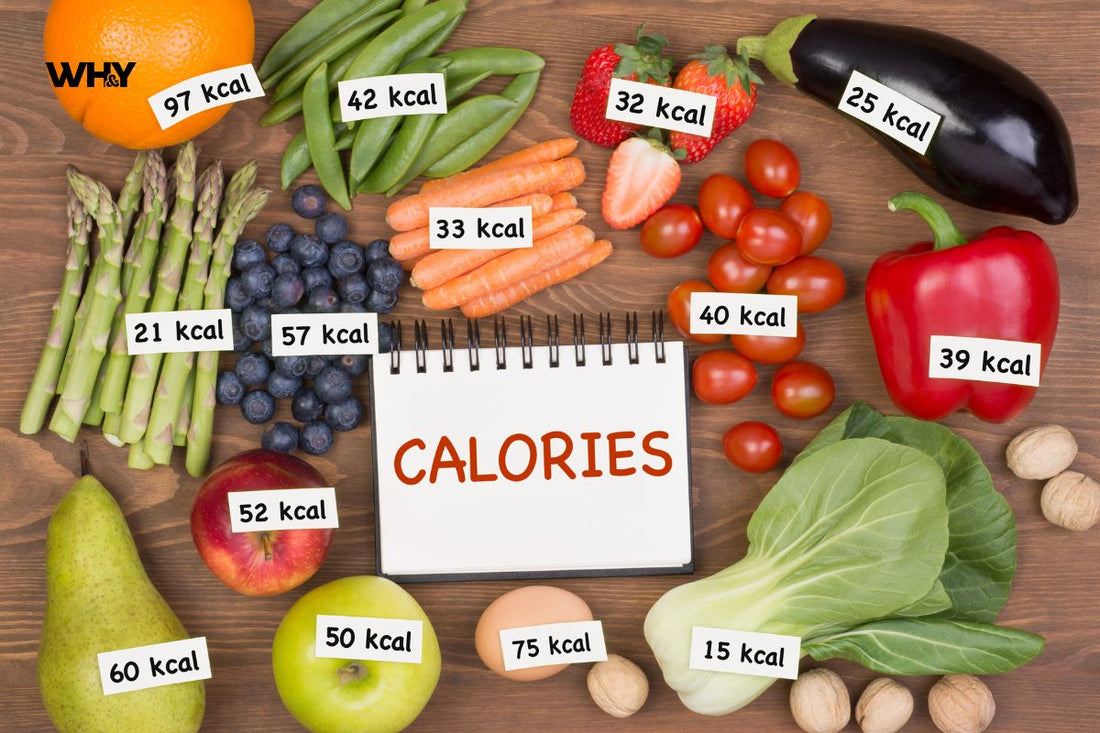
Calorie Restriction and Longevity: How Low-Calorie Diets May Slow Aging and Extend Life
Share
Calorie restriction is fast gaining attention as one of the most promising dietary strategies for healthy aging, cellular repair, and longevity. Backed by decades of scientific research, low-calorie diets have shown the potential to slow biological aging, improve metabolic function, and reduce the risk of chronic diseases—all without compromising physical performance or mental health.
As public health programs like the “Food is Medicine” initiative gain momentum, the conversation around nutrition and longevity is shifting from treating disease to preventing it at the cellular level. In this article, we explore the science of calorie restriction, its impact on aging, and how you can safely implement it for long-term health benefits.
What Is Calorie Restriction?
Calorie restriction (CR) refers to reducing daily calorie intake by 10–30%, without compromising essential nutrients. It is not about starvation or extreme dieting, but about creating a sustained energy deficit that activates cellular repair mechanisms and reduces metabolic stress.
Blue Zones: Real-World Examples of Low-Calorie Longevity
In 2004, a National Geographic study identified five global regions known for exceptional longevity and health—commonly called Blue Zones:
-
Ikaria, Greece
-
Sardinia, Italy
-
Okinawa, Japan
-
Nicoya, Costa Rica
-
Loma Linda, California
One striking similarity across these communities is lower-than-average calorie intake. Despite being physically active, adults in these regions typically consume around 1,800 calories per day—25% less than standard Western diets. Their longevity is attributed not only to caloric moderation but also to plant-based, minimally processed diets and strong social support systems.
Scientific Evidence: How Calorie Restriction Slows Aging
The connection between reduced caloric intake and lifespan extension has been studied for nearly a century.
🔬 Early Animal Studies
In 1935, researchers at Cornell University found that calorie-restricted rats lived 30% longer than those fed a standard diet. Subsequent studies in mice, dogs, and monkeys confirmed similar results: calorie restriction delays age-related diseases and extends lifespan.
🧬 Human Research on Caloric Restriction and Biological Aging
A landmark human study conducted in 2015 by a group of U.S. universities tested 25% calorie reduction over two years in healthy adults. The researchers measured biological aging using DNA methylation clocks, a genetic marker of cellular aging. Results showed that biological aging slowed by 2–3% per year—equivalent to adding a decade of life expectancy if sustained long-term.
⚖️ Calorie Restriction vs. Curing Major Diseases
Interestingly, some researchers argue that calorie restriction could add more years to life than curing cancer, diabetes, and heart disease combined, which are estimated to extend life by 14 years. Calorie restriction could theoretically add up to 30 years.
Proven Benefits of a Low-Calorie Diet
Calorie-restricted diets offer more than just increased lifespan. They have been associated with improvements in multiple markers of health:
✅ Reduced Risk of Chronic Diseases
-
Type 2 Diabetes
-
Cardiovascular disease
-
Neurodegenerative conditions like Alzheimer's and Parkinson’s
✅ Improved Physical Function
-
Better mobility, endurance, and muscle efficiency in older adults
✅ Cognitive Protection
-
Reduced inflammation and oxidative stress may help prevent age-related cognitive decline
Key Principles for Safe and Effective Calorie Restriction
To gain the benefits of calorie restriction without nutritional harm, follow these science-backed guidelines:
| Principle | Description |
|---|---|
| Duration | Maintain calorie restriction for at least 18–24 months for measurable anti-aging effects |
| Optimal Deficit | Aim for a 10–30% calorie reduction below maintenance levels |
| Avoid Excessive Restriction | Reductions over 40% can cause nutrient deficiencies, hormonal imbalances, and immune suppression |
| Nutrient Density | Focus on whole foods rich in vitamins, minerals, fiber, and antioxidants to avoid malnutrition |
3 Proven Approaches to Implement Calorie Restriction
1. ✅ Conventional Caloric Reduction
-
Reduce portion sizes without compromising essential nutrients
-
Use calorie-dense but nutrient-poor foods sparingly
-
Prioritize vegetables, lean proteins, legumes, whole grains, nuts, and seeds
2. ✅ Intermittent Fasting (IF)
-
Limit eating to a 10-hour window (e.g., 14:10 fasting pattern)
-
Enhances autophagy, reduces oxidative stress, and supports fat metabolism
-
Appetite usually decreases after 2–4 weeks of adaptation
3. ✅ Time-Restricted Eating (TRE)
-
Front-load meals earlier in the day (e.g., eat between 8 am and 6 pm)
-
Aligns eating with circadian rhythms, improving insulin sensitivity and energy use
-
May enhance mitochondrial health and reduce late-night calorie spikes
Caution: Who Should Avoid Caloric Restriction?
Not everyone should practice calorie restriction without guidance. Consult a doctor or clinical nutritionist if you:
-
Are underweight or have a history of eating disorders
-
Have thyroid, hormonal, or autoimmune conditions
-
Are pregnant, breastfeeding, or under 18 years old
Conclusion: Calorie Restriction Is a Potent Tool for Healthy Aging
The science is clear: moderate, long-term calorie restriction—done correctly—has the power to slow aging at the cellular level, extend lifespan, and enhance overall health. With the right dietary strategy, you can live longer and healthier, reducing your risk of chronic disease while maintaining energy and cognitive function.
